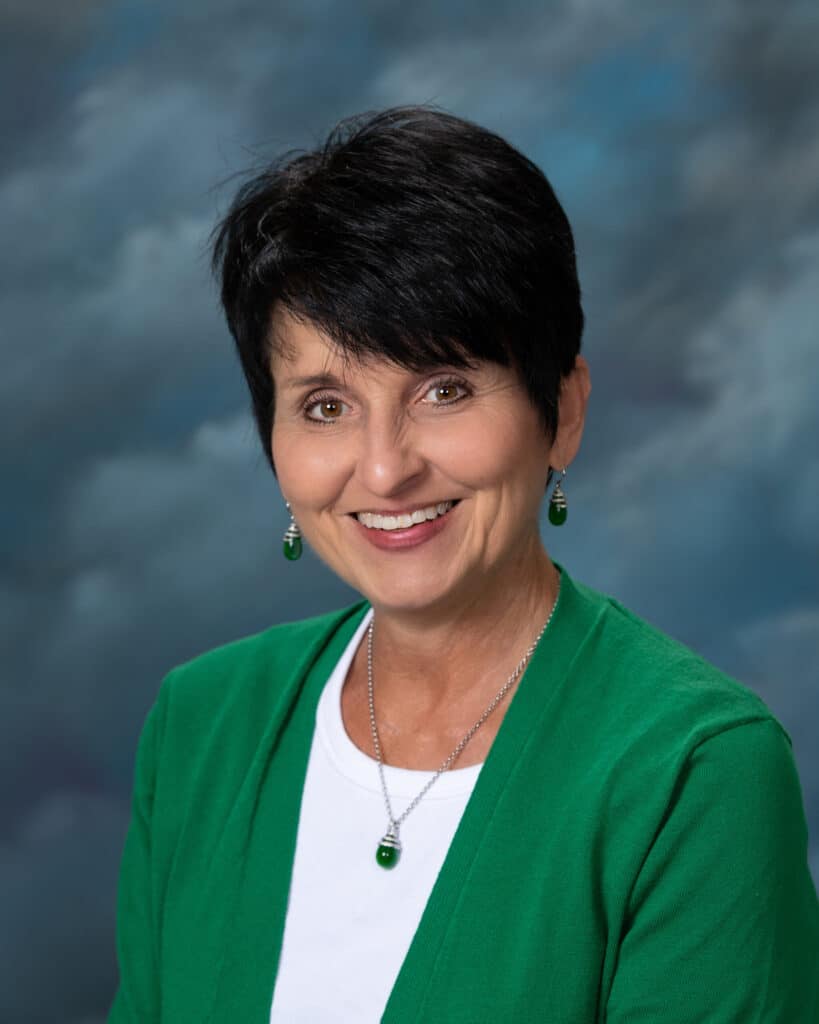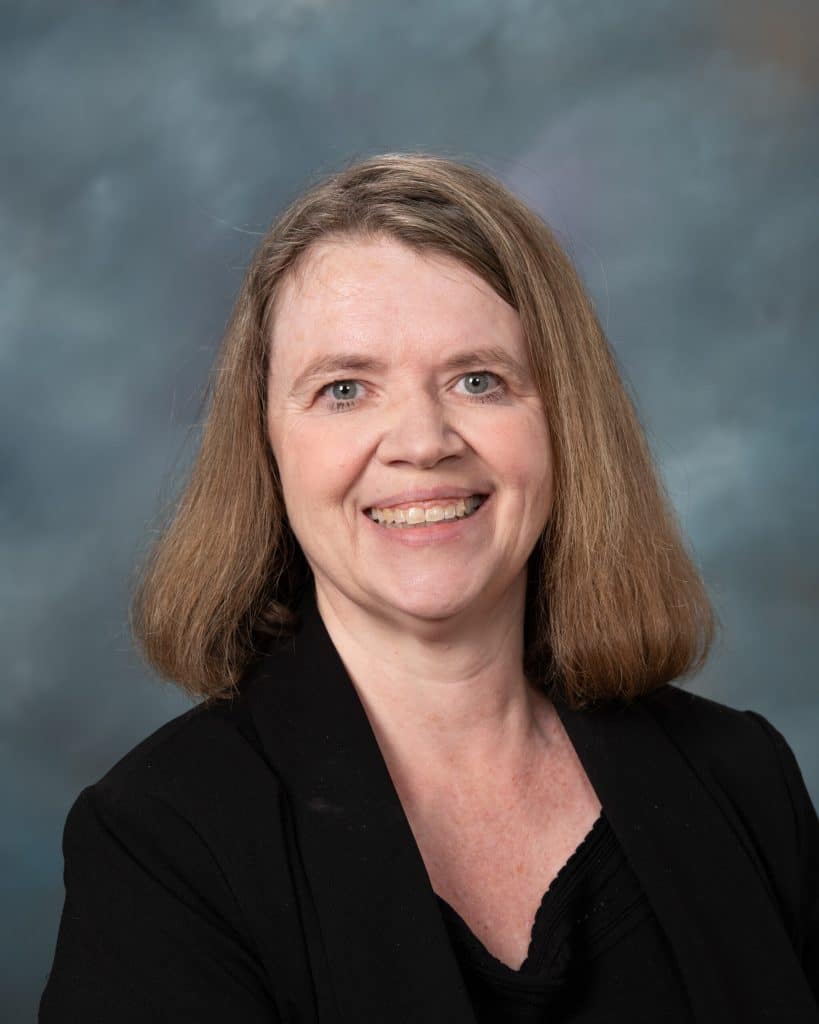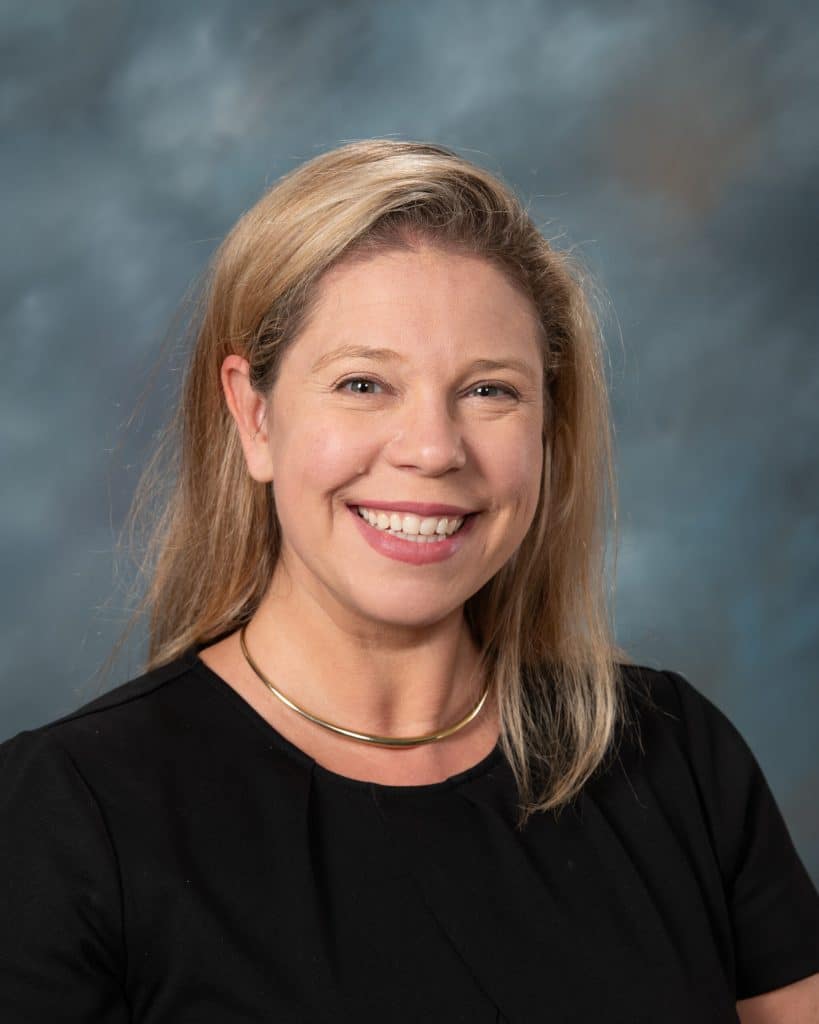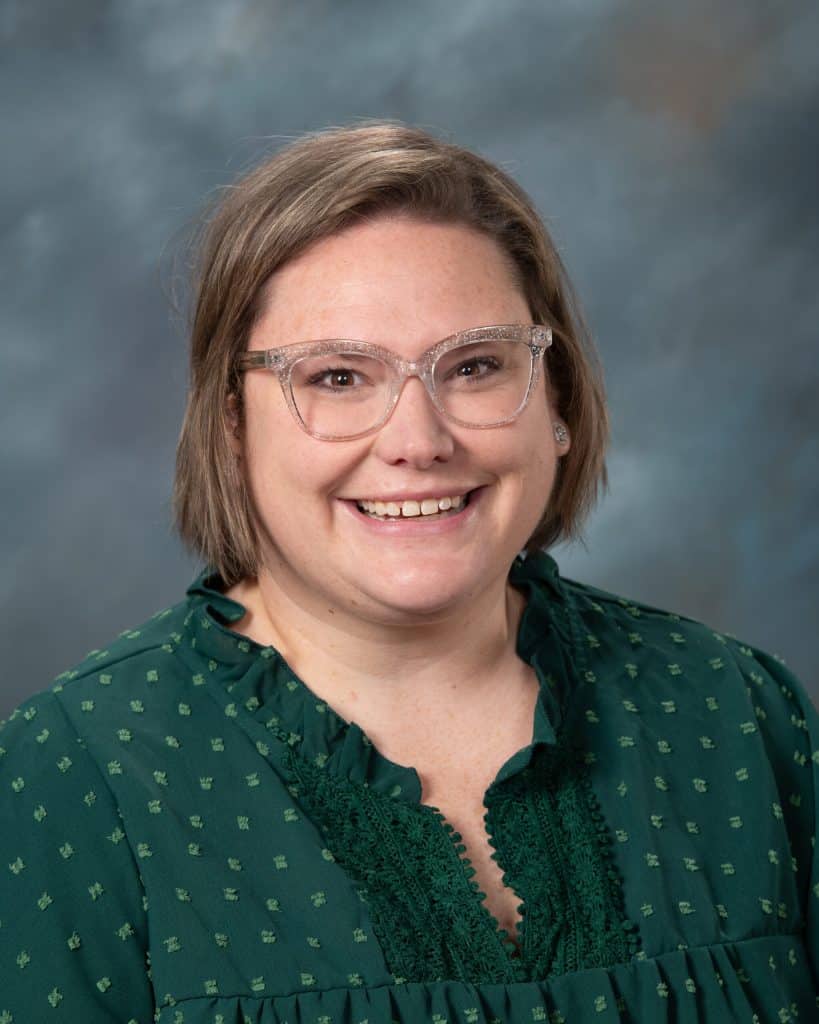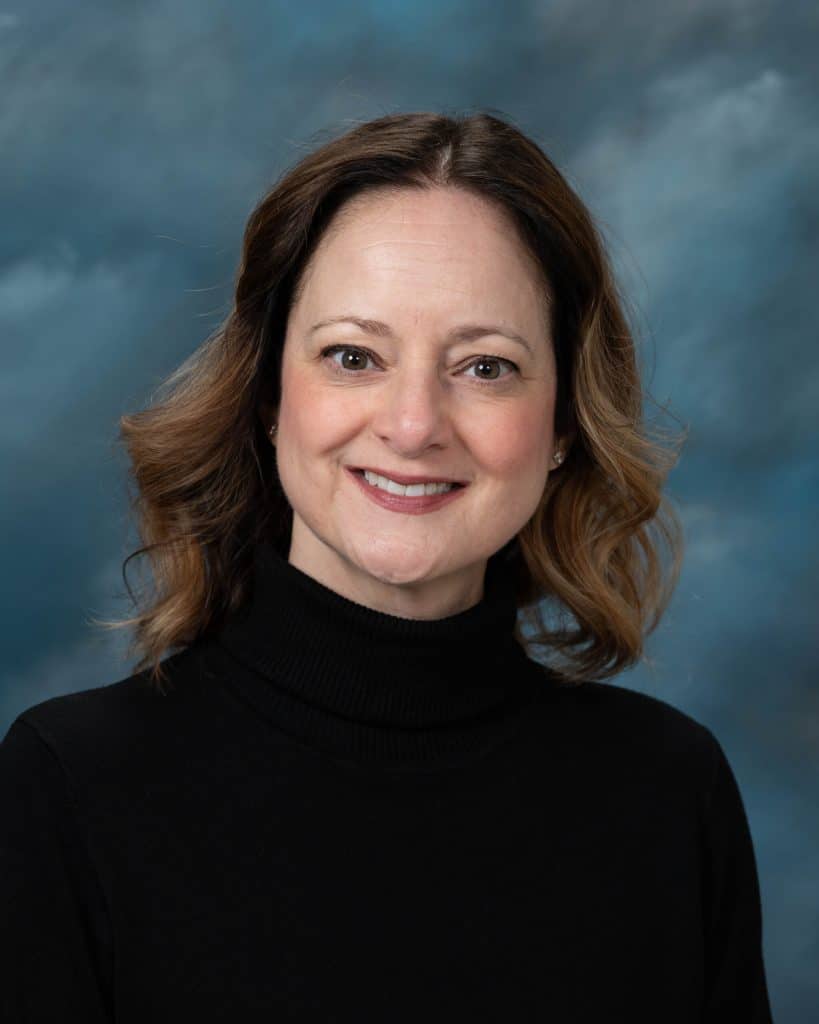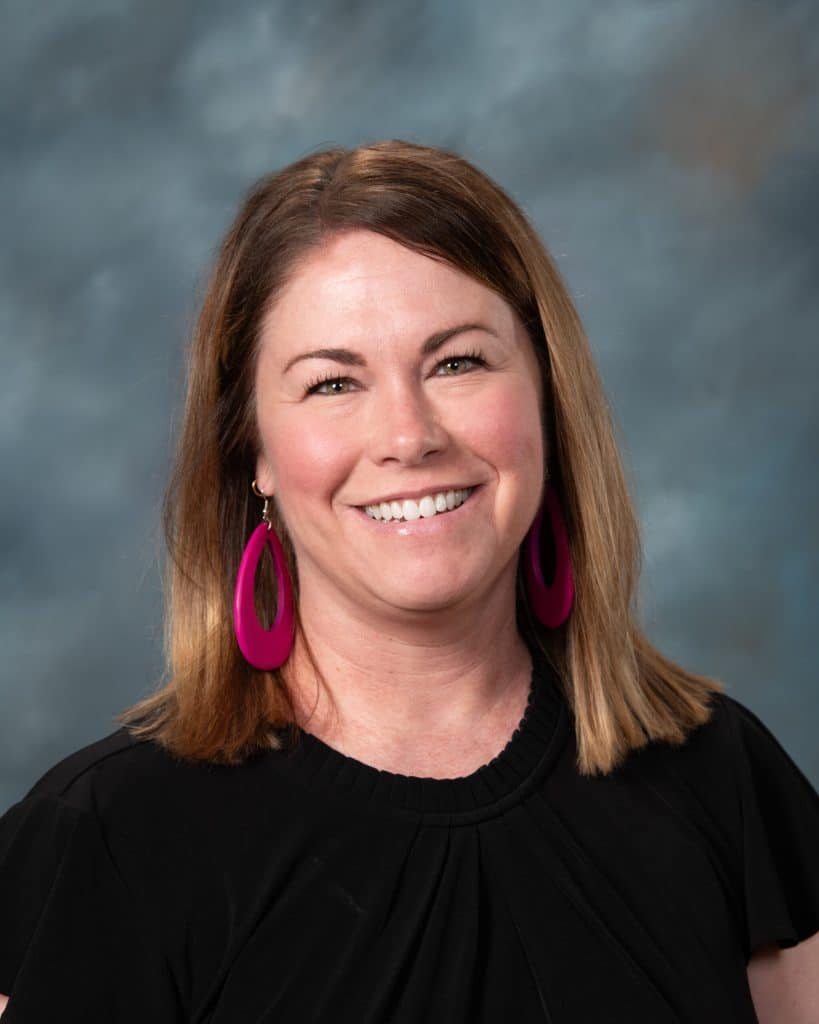Speech-Language Pathology, MS

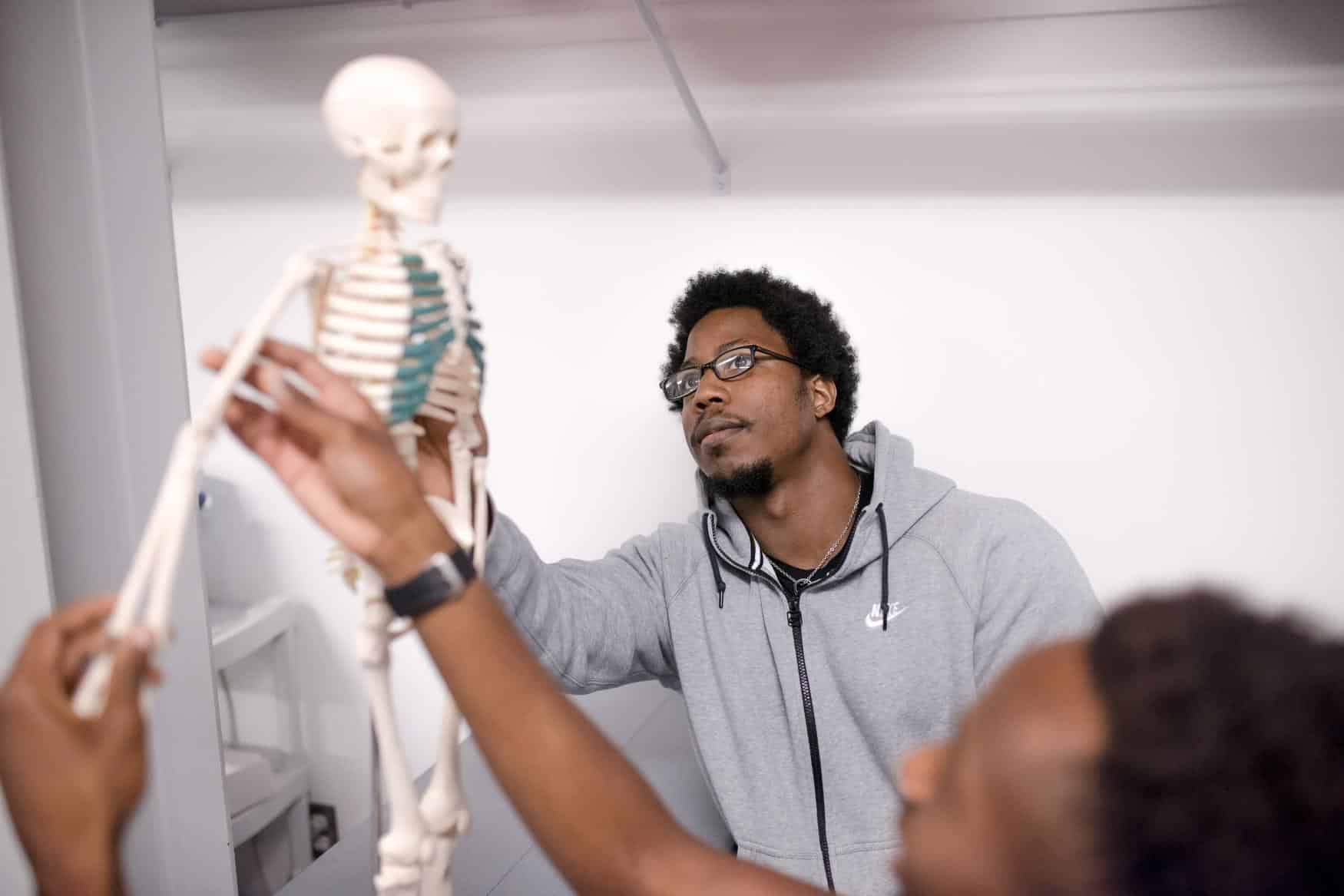
Why Pursue Speech Language Pathology?
Having the ability to assist persons with communication and swallowing disorders offers a fulfilling and affirming career path. At Piedmont University, we pride ourselves in teaching students how to improve the quality of lives of others. That’s why our Master of Science (MS) program in Speech-Language Pathology is made for impact. We provide our students with rich learning opportunities that integrate theory and research with the best clinical practices.
Piedmont combines small cohorts with strong faculty mentorship to help ensure the richest learning environment. With that in mind, we offer two pathways – a five-year integrated bachelor’s and master’s approach or a two-year master’s program – each with the goal of creating graduates that will make a difference in the lives of others. Our master’s program is the perfect choice for graduates looking for the next step in their education and careers.
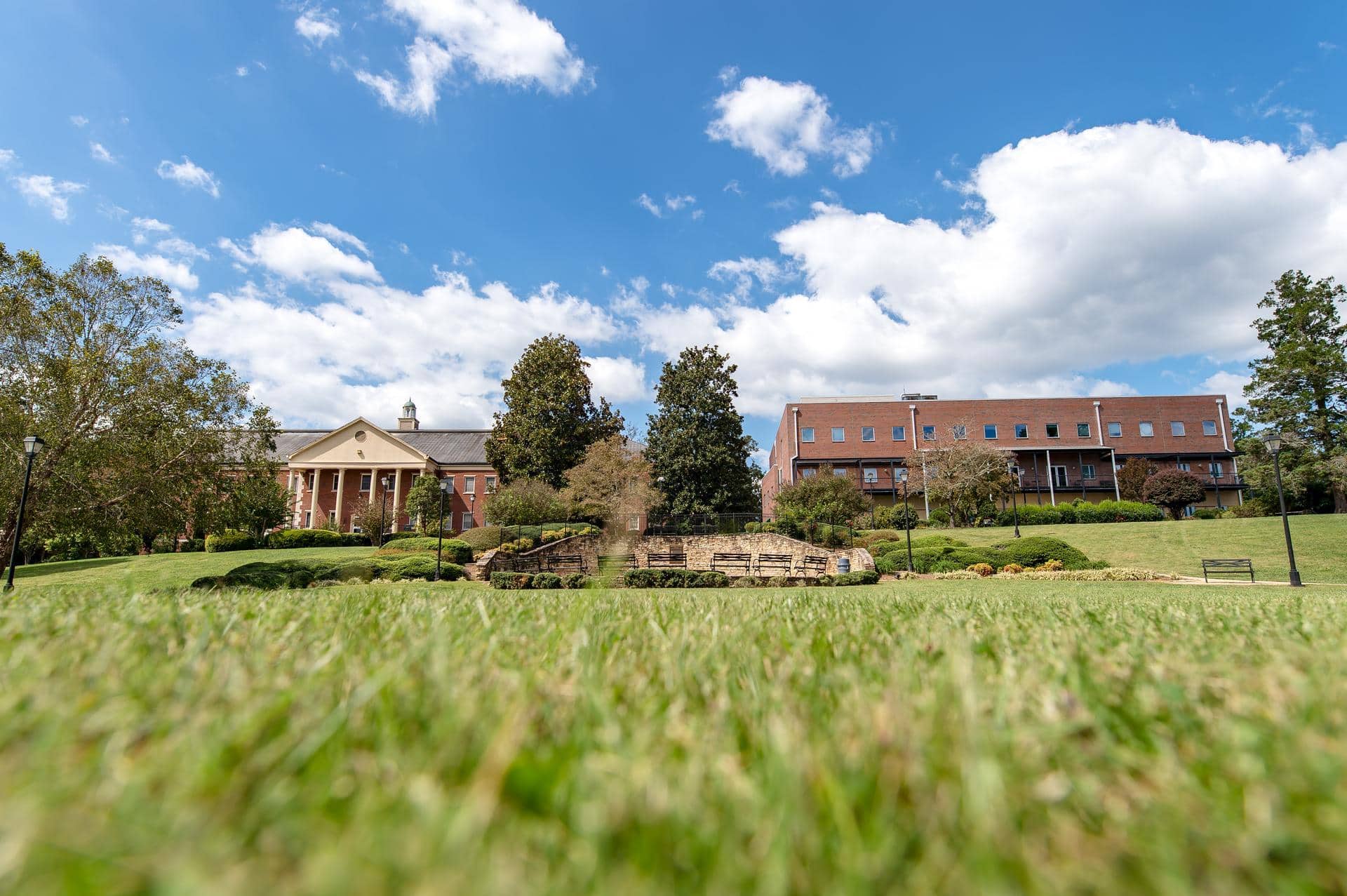
How a Piedmont Master of Science in Speech-Language Pathology Helps You
- Work flexibly with a knowledgeable faculty that provides plenty of one-on-one instruction.
- Gain knowledge and skills – in communication sciences and disorders and swallowing – necessary to gain accreditation and licensure from the CAA and state of Georgia.
- Complete a program approach that makes the best sense for your situation: a combined undergraduate and graduate program of 5 years, or a graduate program of 2 years.
- Gain real-world experience through externships and on-campus clinical opportunities.
Career Opportunities
A Master of Science in Speech-Language Pathology from Piedmont opens doors and a wide range of professional pursuits. For instance, our graduates have gone on to build successful careers in:
More About Speech-Language Pathology, MS, Degrees
Learn more about a Speech-Language Pathology, MS, degree and the variety of options available to you as a Piedmont student.
Candidates in the Master of Science (MS) program in Speech-Language Pathology must complete 38 hours of academic credit and a sequence of clinical practicum experiences. Students enroll in clinical practicum each semester of the program. During the first year of graduate studies, clinical practicum experiences are obtained within the Piedmont University Speech and Hearing Clinic. During the second year, students are placed in externship assignments to develop a comprehensive clinical foundation. Courses are currently offered online to maximize flexibility in externship assignments. This is a residential program.
Piedmont’s Department of Communication Sciences and Disorders engages and empowers a diverse student population in the acquisition of knowledge and skills in communication sciences and disorders and swallowing across the lifespan. Through innovative and interactive curriculum design, faculty mentored research, evidence-based clinical service delivery, and dedicated outreach to the community, students will be prepared to provide high-quality, culturally diverse and responsive services and serve as leaders in the field.
A 3.5 overall GPA is required for the combined BS/MS program, and a 3.0 overall GPA is required for the 2-year MS program.
To join Piedmont’s graduate program, students must complete these foundational courses (for ASHA certification):
- Biological Sciences (content cannot be related to SPHS)
- Physical Sciences (must be a physics or chemistry course; content cannot be related to SPHS)
- Statistics (content cannot be research methods)
- Social Sciences and Behavioral Sciences (e.g., psychology, sociology, public health, or anthropology)
The following prerequisite courses in communication sciences and disorders must also be completed for admission into the program. Students who do not have an undergraduate degree in speech and hearing sciences may apply but must complete the following prerequisite courses. If a student is missing one pre-requisite course, they may be accepted with a deficiency. However, that deficiency must be completed concurrent with graduate work or prior to beginning graduate work. Determination of suitability for concurrent coursework will be made on an individual basis.
Prerequisite courses:
- CMSD 2001 Speech Anatomy & Physiology
- CMSD 2002 Speech and Hearing Science
- CMSD 2003 Language Acquisition
- CMSD 2004 Phonetics
- CMSD 2010 Observation and Clinical Procedures
- CMSD 3000 Audiology 1
- CMSD 3001 Neuroscience Fundamentals
- CMSD 3006 Aural Rehabilitation
Piedmont’s faculty defines 4 clear goals that it will help its students achieve – in so doing, it targets specific objectives within each goal. Learn more here.
All students must demonstrate that they are competent in the knowledge and skills as defined by the 2023 ASHA Standards. Each course and clinical practicum in the sequence targets specific knowledge and skills related to the standards as well as formative and summative evaluation period. Learn more about these evaluations.
- Complete the CSDCAS application (https://csdcas.liaisoncas.com/applicant-ux/#/login).
- Request that official transcripts from all US institutions attended be sent to CSDCAS.
- Upload a personal letter of intent in the Documents section of CSDCAS
- (The letter of intent gives you an opportunity to present yourself to us and share information about who you are, why you are interested in speech-language pathology as a profession, and why you are interested in our program specifically. To help us get to know you better, you may want to tell us about an experience or event that had a significant impact on you, or a specific commitment or goal that reflects who you are as a person. Any unusual aspects of your academic history should be explained in this statement as well.).
- Request 3 letters of recommendation be sent through the CSDCAS recommender portal.
- Upload your curriculum vita/resume in the Documents section of CSDCAS.
- Include your leadership and service activities in your curriculum vita/resume.
- NOTE: International applications must also include special admission documents before an international student may enroll. Click here for the international admissions page.
Piedmont undergraduates of good standing in the Communication Sciences and Disorders major may apply to the BS/MS Integrated program by February 1 of their junior year. Submit the letter of intent, three letters of recommendation, and curriculum vita/resume to Cat Mote at cmote@piedmont.edu. The CMSD Department and Graduate Admissions has access to Piedmont student transcripts. Eligible Piedmont students receive priority consideration.
The Master of Science (MS) education program in Speech-Language Pathology (residential) at Piedmont University is a Candidate for Accreditation by the Council on Academic Accreditation in Audiology and Speech-Language Pathology (CAA) of the American Speech-Language-Hearing Association, 2200 Research Boulevard, #310, Rockville, MD 20850, 800-498-2071 or 301-296-5700. Candidacy is a “preaccreditation” status with the CAA, awarded to developing or emerging programs for a maximum period of 5 years.
Program Completion Rate
| Student Outcome | Class of 2025 | Class of 2026 | Class of 2027 |
|---|---|---|---|
| Number completed program within expected timeframe | 12/12 (100%) | Not yet available | Not yet available |
| Percentage completing within expected timeframe | 12/12 (100%) | Not yet available | Not yet available |
Praxis Examination Pass Rates of Graduates
| Reporting Period | Number Taking Exam | Number Passing Exam | Percentage Passed Exam Rate |
|---|---|---|---|
| Class of 2025 | 12 | 12 | 100% |
| Class of 2026 | Not yet available | Not yet available | Not yet available |
| Class of 2027 | Not yet available | Not yet available | Not yet available |
Employment Rates of Graduates within One Year of Graduation
| Student Outcome | Class of 2025 | Class of 2026 | Class of 2027 |
|---|---|---|---|
| Number of Graduates | 10/12 employed prior to graduation | Not yet available | Not yet available |
| Percentage of Graduates Employed | 83% employed prior to graduation | Not yet available | Not yet available |
Related Programs
Intrigued by a Master of Science in Speech-Language Pathology? You might also be interested in one of these programs:

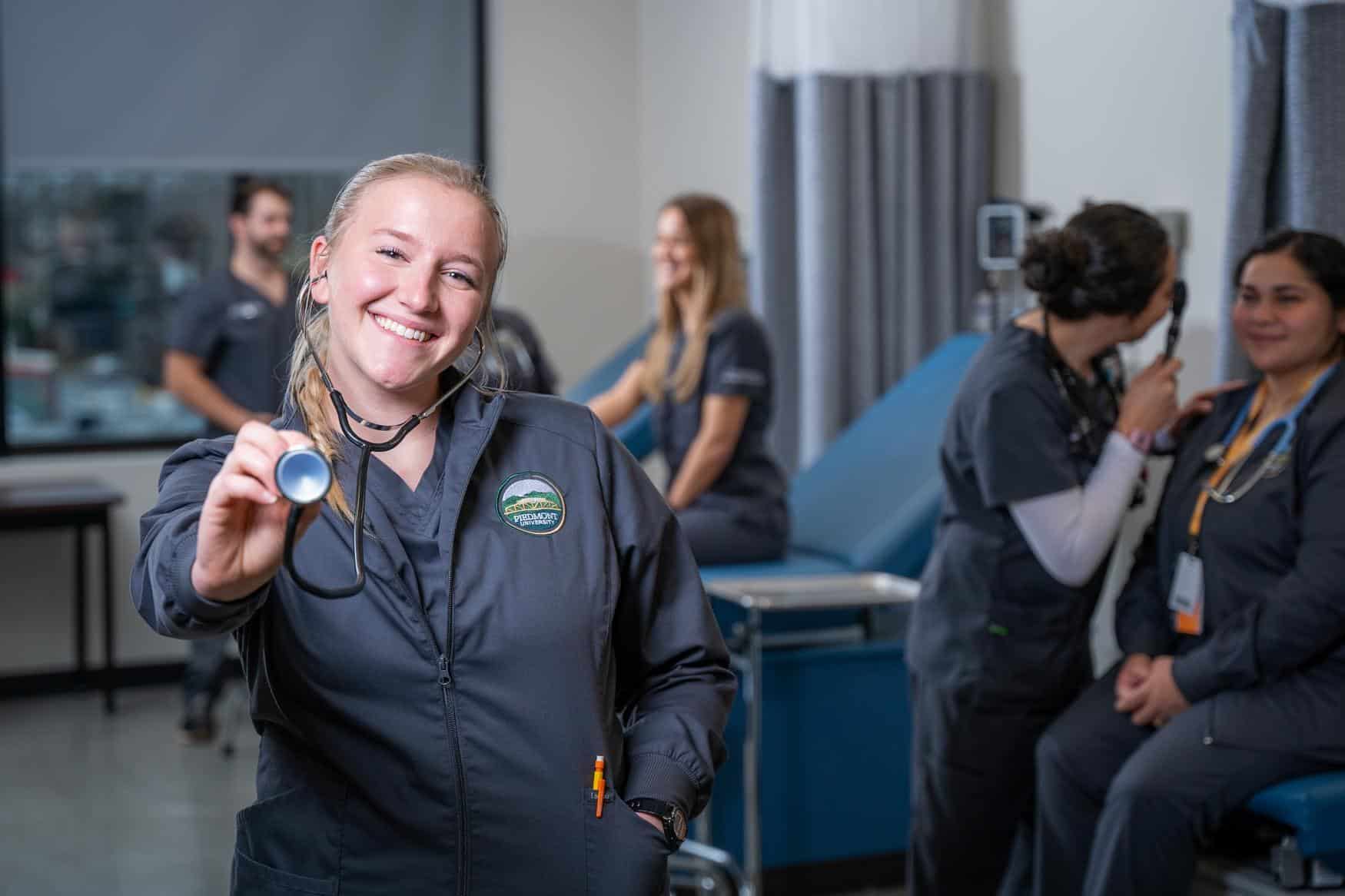
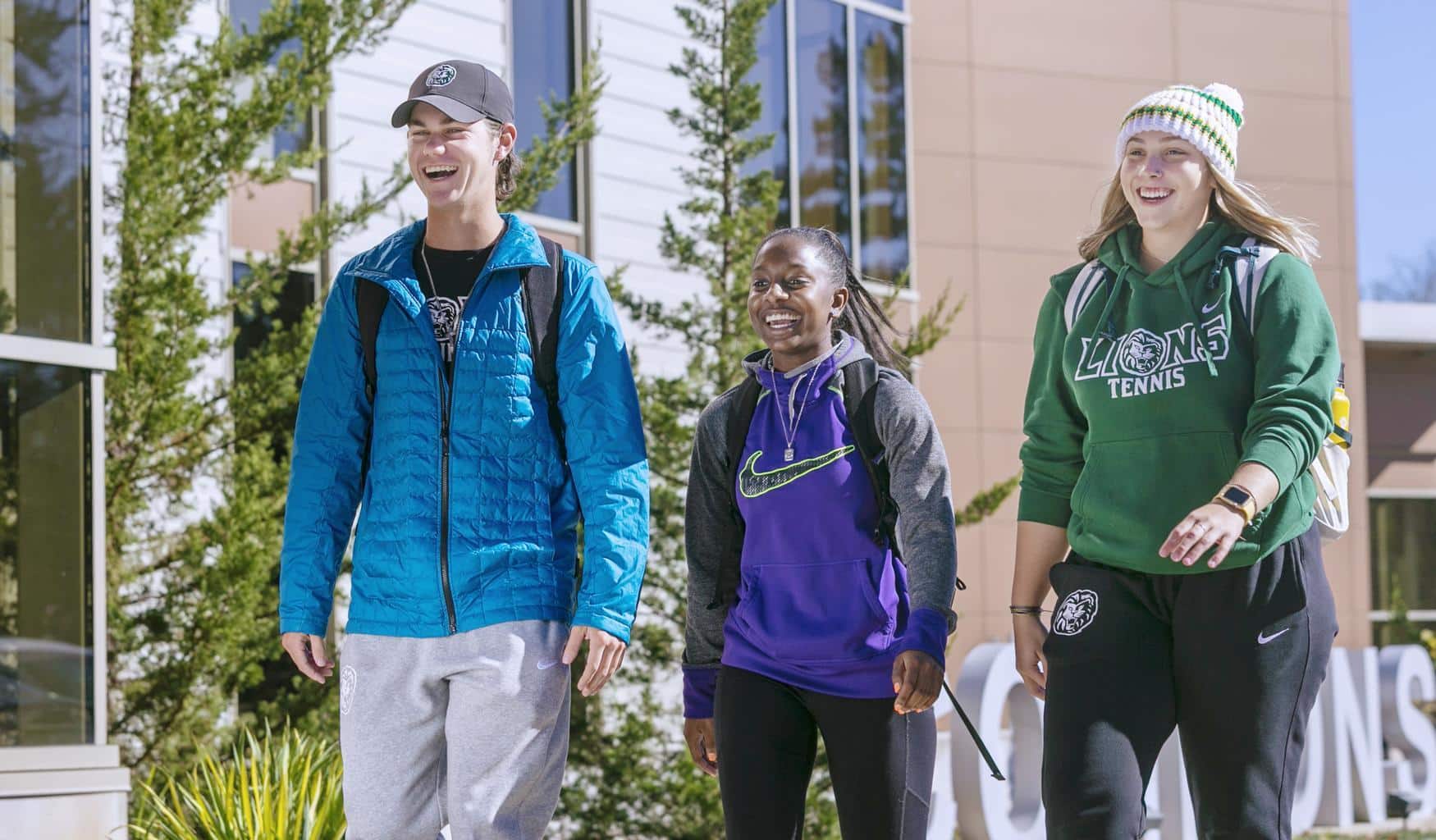
Where do I start?
To begin your journey toward earning a Master of Science in Speech-Language Pathology degree at Piedmont University, you can start by applying today! Or, schedule a campus visit and meet with admissions and financial aid advisors, as well as faculty members in Health Science.

